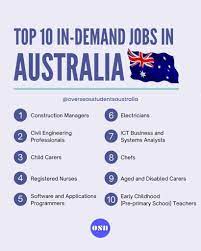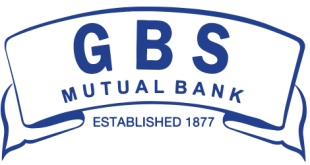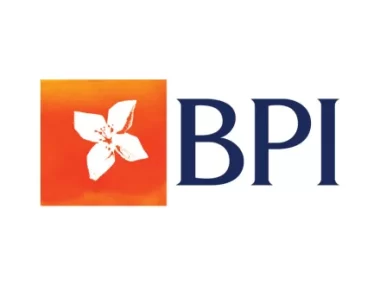The world of employment is dynamic and diverse, and within it, the role of a Job Developer plays a pivotal role in connecting individuals with meaningful employment opportunities. As the liaison between job seekers and employers, a Job Developer navigates the complex landscape of the job market, creating a bridge that transforms aspirations into tangible career paths.
Job Developer Job Description
A job developer advertises job placement services by developing promotional materials and marketing content. Besides serving as a leader employee to other staff members, a job developer also works hand-in-hand with staff members and the organization to monitor and coordinate targeted job fairs, employer panels, and recruitment days. These professionals attend advisory committees with internship coordinators, where they give advice relating to the organization and control of the employment trends. Moreover, job developers work hand-in-hand with employers during the employment process and update the faculty or appropriate staff about the results.
Job Developer Responsibilities and Duties
Here are examples of responsibilities from real job developer resumes:
- Manage workers’ comp claims; personnel records; administer employee benefits enrollment; payroll; vacation and holiday compensation.
- Develop and manage grant-fund and other projects, including producing PowerPoint presentations to highlight progress for stakeholder groups and funding agencies.
- Manage payroll, benefits and insurance administration.
- Develop and manage TANF participants participating in WEP participation.
- Utilize aforementioned partnerships to assist TANF recipients in obtaining employment which lead to career advancement and case closure.
- Create and present PowerPoint sessions and deliverable content in LinkedIn, interviewing, and other career management skills.
- Deliver programs and curriculum components to students in GED, ESL, and TANF and vocational classes.
- Assess need for additional assistance such as rehabilitation, financial aid and/or further vocational training and make appropriate referrals.
- Use of personal computers, windows in all programs.
- Work on request as contract instructor for leadership & communication coaching firm.
- Maintain contact with SRS caseworkers to keep them inform on client progress.
- Assist students in GED testing preparation and process and employment development planning.
- Coordinate workshops for youth development, placing special attention on teen s employability skills.
- Exhibit at trade conventions and make training presentations (PowerPoint) to small and large groups.
- Obtain information from individuals to identify and assess any work history and transferable skills; authored resumes.
How to Become a Job Developer
To pursue a career as a job developer, you need excellent interpersonal, computer, and research skills, as well as the ability to make detailed assessments of your clients and connect them with suitable employment opportunities. Although you typically do not need a bachelor’s degree, some post-secondary study in human resources and prior work experience in the field may offer a competitive edge. You may also be required to pass criminal background and drug screenings.
Job Developer skills
- Excellent Interpersonal
- Rehabilitation
- Hudson
- Local Employers
- Developmental Disabilities
- Resume Preparation
- Vocational Training
- Training Programs
- Cold Calls
- Management System
Job Developer requirements
- Bachelor’s degree in Business, Marketing, or related field
- Prior experience in job development or related field
- Knowledge of local job market and labor laws
- Ability to create and maintain partnerships with employers
- Proficiency in Microsoft Office and other job development software
Conclusion
In conclusion, the role of a Job Developer is a dynamic and impactful one, shaping the professional journeys of individuals and contributing to the success of businesses. As we navigate the complexities of the job market, the importance of skilled and dedicated Job Developers becomes increasingly evident. Whether you are considering a career in job development or seeking assistance in your job search, recognizing the significance of this role is the first step toward a brighter future.
FAQs
- What is the primary role of a Job Developer?
- A Job Developer serves as a link between job seekers and employers, identifying and creating opportunities for meaningful employment.
- What qualifications are essential for becoming a Job Developer?
- While there isn’t a rigid set of qualifications, a relevant degree and certifications in career development enhance one’s suitability for the role.
- How do Job Developers measure success in their field?
- Success is measured through key performance indicators, including successful placements, client satisfaction, and positive employer feedback.
- What challenges do Job Developers commonly face, and how do they overcome them?
- Challenges can range from economic downturns to industry shifts. Job Developers address these challenges by developing strategies to turn setbacks into opportunities.
- What role does technology play in modern job development?
- Technology is leveraged for efficient job searches, utilizing online platforms, data analytics, and social media for networking.






